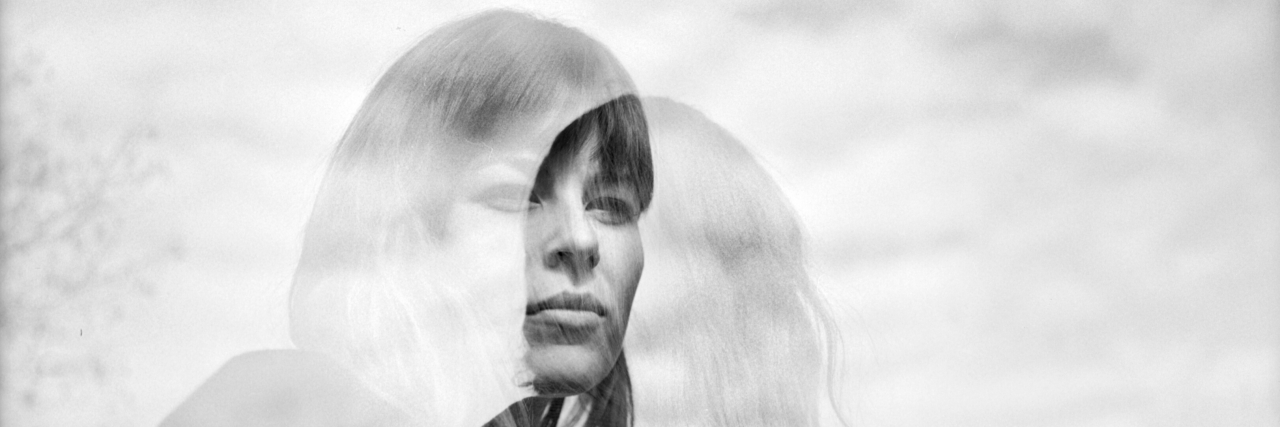When we are diagnosed with a chronic or degenerative illness, there is often a grieving process that follows.
The perception we are robbed of our normalcy and vitality is challenging. It throws into the ring two major issues. Firstly, it reinforces the stereotyped “normal” body versus the perceived defectiveness of an ill or disabled body. Secondly, it contests our right to grieve our loss.
Loss implies we are incomplete, vulnerable, and unable to assimilate into the social ideal. Without a functioning body, this ideal becomes unattainable.
This “loss” via illness is socially and politically defiant, possibly unsanctioned. When someone dies, the protocol is clear. When someone loses their job, position, or income, it is clear. When someone gets ill with a curable disease, when they recover, they reintegrated into society. But when someone loses function and continues to do so — well, that is a problem.
Grieving when no one knows what the “rules” are is uncomfortable. Society struggles to know how to react and governments shun the perceived “burden.” Subsequently, post-diagnosis, we can be denied the support and time to grieve. This leads to an inability to express emotions such as rage and the mobilization that can arise from it. Chronic illness puts us in a holding pattern of suspended grief, anger, loss, and regret. Cultural stereotypes cluster, suffocating the expression of emotional vulnerability. As a result, we maintain the person we should be or used to be instead of the person we are now.
By obfuscating our experience, we become the sole custodians of our loss. Our lives and relationships get reshaped by the social imperative for us to be humble, grateful, and unassertive.
Frequently, I find myself reassuring others as if it is me who has brought them the bad news. What we need is to trust that others will not be overwhelmed with our feelings. But when your children or partner are struggling to come to terms with your condition, it is hard not to smile and say you are OK. If I laugh and make flippant acceptance of the disease, others will be more comfortable. The difficulty is this can lead to seeking refuge within.
After any traumatic loss, we need to reorganize our life story. To encompass this new reality, we need to be allowed to release the ghost of the former self. Releasing our old selves can allow a new life narrative to be created, leading us to move forward.
A societal change could make this process much more natural and empowering. Normalizing disability and illness would be a good start. More ramps, bigger loos, railings, etc. (seriously, how many able-bodied folks injure themselves on stairs every year?) These things can benefit everyone instead of capitalist “make money from every square inch” thinking.
Speaking as someone with Parkinson’s, I can assure you that slow-moving through the world is far healthier. You have time to enjoy the scenery and chat with people when stopping to rest or wait for my body to co-operate. I’m not denying it’s incredibly challenging at times, but it doesn’t have to be made harder by an unforgiving society.
It’s been four years since I was officially diagnosed. Am I still grieving? Oh, hell yeah. But I am growing into this new me. I’m learning how to adapt, how to be kind to myself, and how to swear loudly when Parkinson’s gets too much.
This story originally appeared on Who Stole My Dopamine?
Getty image by EyeEm.

